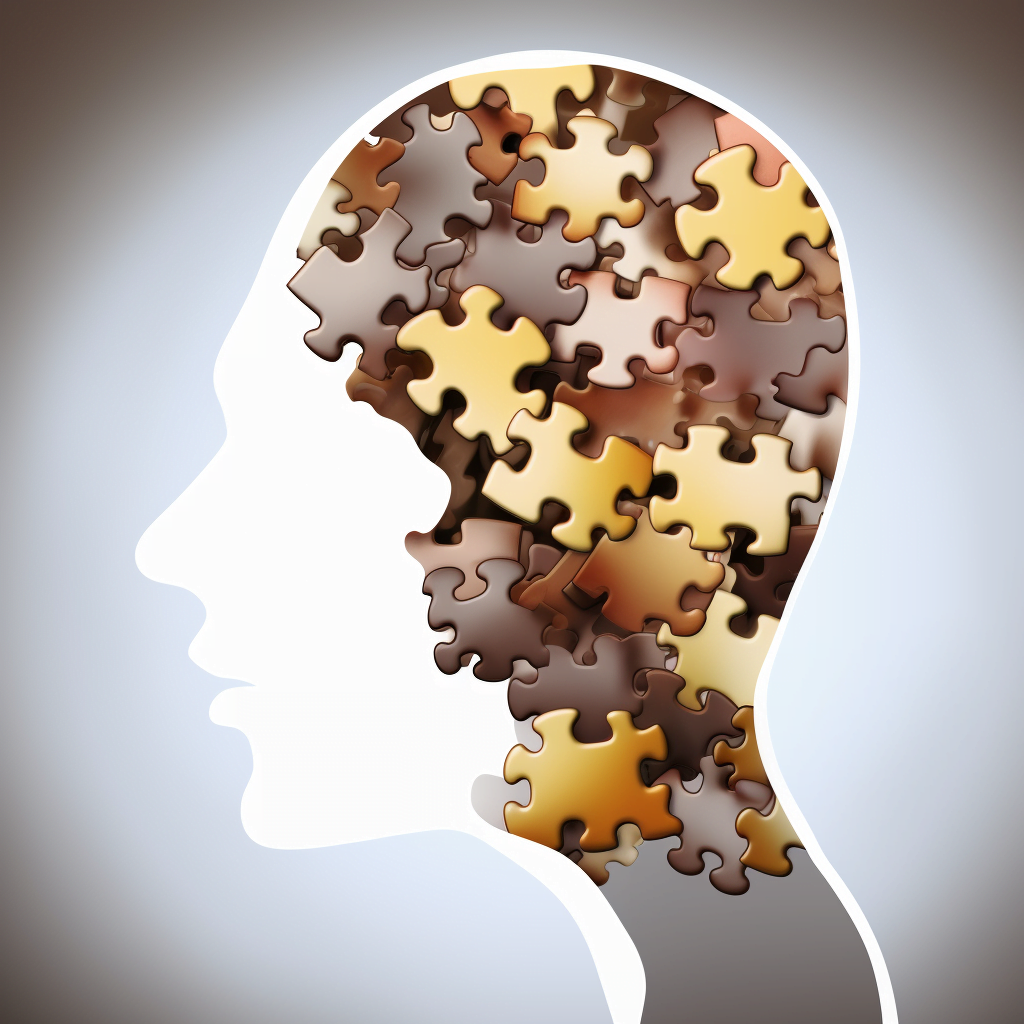
Dishabituation is when an organism responds to a stimulus it’s used to as if it were once again brand new. If you repeatedly experience the same stimulus over and over and over again, your inherent response to it is lessened over time. Think of a cigarette smoker. The first time they had a cigarette, the nicotine invoked all sorts of feel-good pleasures inside the person’s brain and body. But as they smoke more and more cigarettes over time, the pleasure received becomes less and less. It’s one of the reasons smokers often increase the amount they smoke over time, rather than decrease it.
But if instead of nicotine, it suddenly contained something much more powerful, like white powder of some sort, the smoker would be overcome with feel-good sensations again, similar to those felt when she first smoked a cigarette. The smoker would now have a much stronger interest in having another cigarette, expecting a renewed reward. Her previous habituation to the tobacco cigarette had been somewhat reversed, which is called dishabituation.
Understanding Dishabituation: The Exciting World of the Unexpected
Dishabituation is like a surprise party thrown by the brain. Just when you think you’ve seen it all, your brain gets all excited and pays attention again. It’s the brain’s way of saying, “Hey, this is new and different, let’s check it out!” Dishabituation can happen when there’s a change in the stimulus, a new stimulus is introduced, or there’s a sudden increase in the intensity of the stimulus. So, it’s like someone yelling, “Surprise!” when you thought everyone had forgotten your birthday.
The Science of Dishabituation: Brains Love Novelty
When a brain gets used to something, it’s like it puts on a pair of sunglasses, tuning out the boring, everyday stuff. But when something unexpected happens, the sunglasses come off, and the brain springs to action. Scientists believe that dishabituation is a way for the brain to prioritize new information, which could be important for survival. After all, it’s more important to pay attention to a new and potentially dangerous sound in the jungle than to keep listening to the same old leaves rustling in the wind.
Dishabituation vs. Habituation: A Friendly Competition
Dishabituation and habituation are like siblings in the family of psychological phenomena. While habituation is the older, more responsible sibling who helps the brain filter out irrelevant information, dishabituation is the fun, younger sibling who’s always looking for something new and exciting. They work together to keep the brain focused on what’s important and interesting. Imagine a world where everything is always interesting and new – that would be exhausting! But also, think of a world where nothing ever catches your attention – that would be boring. It’s the delicate balance between habituation and dishabituation that keeps life interesting and manageable.
Real-Life Examples of Dishabituation: The Proof is in the Pudding
The Alarm Clock Conundrum
Ever wonder why that annoying alarm clock sound doesn’t work quite as well after a few weeks? That’s habituation at play. But if a new, unfamiliar sound suddenly replaces the alarm clock noise, it might just jolt you awake in a hurry. That’s dishabituation happening right there, as your brain shifts gears to focus on the new stimulus.
The Dog and the Doorbell
Dogs are great examples of dishabituation in action. A dog might bark every time the doorbell rings, but after hearing it multiple times in a row, it might start to ignore it. However, if the doorbell suddenly plays a different tune or rings at a different volume, the dog is likely to start barking again, displaying dishabituation.
The Text Message Tango
Think about the buzz of a text message on a phone. At first, every buzz might make someone stop and check their phone, but after a while, they might start to ignore it. If the buzz suddenly changes or becomes more intense, though, that person might feel compelled to check their phone again, as the new stimulus has caused dishabituation.
In conclusion, dishabituation is an essential part of the brain’s inner workings, helping to keep life interesting and ensure that important information doesn’t go unnoticed. From smokers to dogs, and even text message addicts, dishabituation plays a key role in how organisms perceive and respond to the world around them. Just remember, the next time something catches your attention out of the blue, it might just be dishabituation working its magic.




